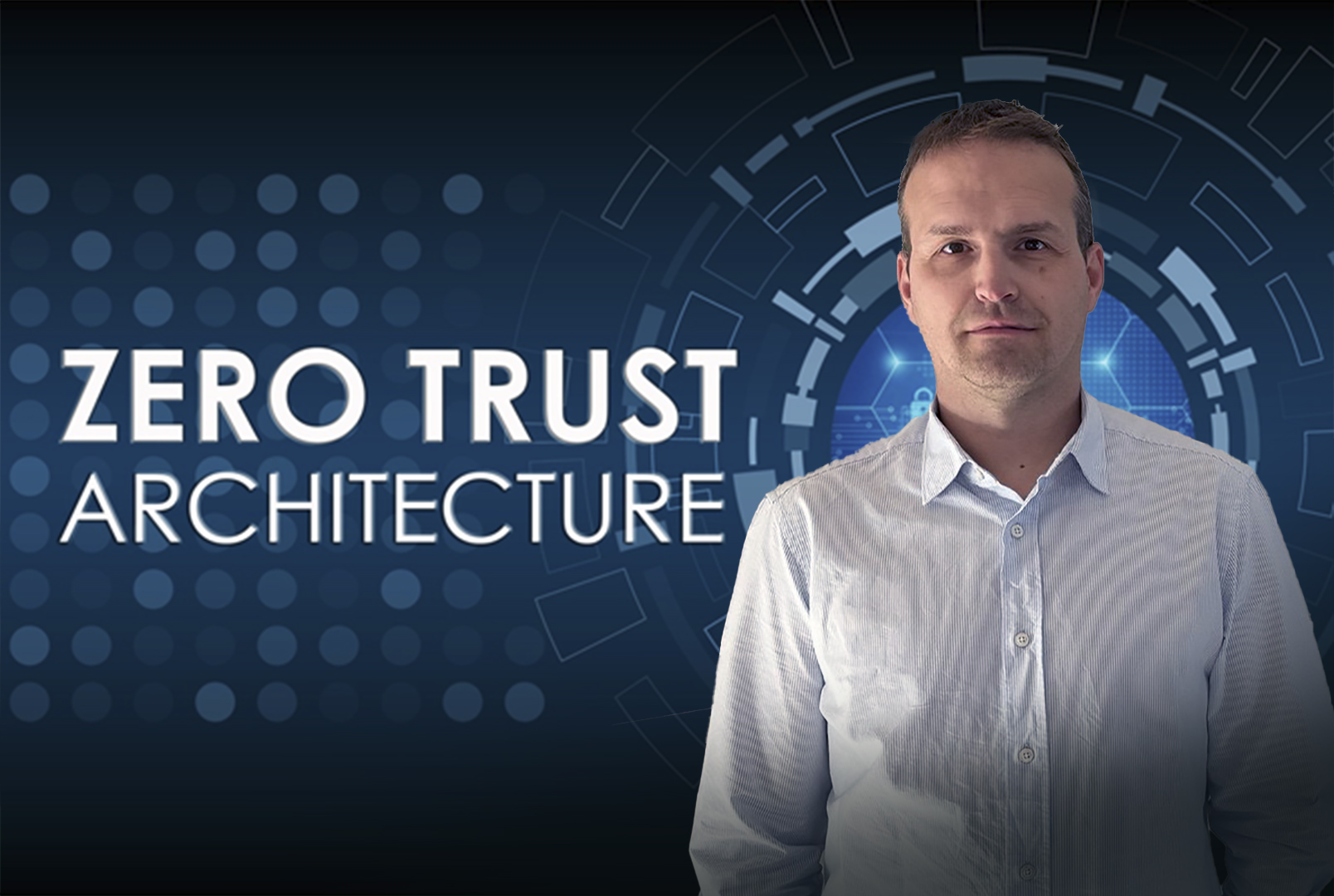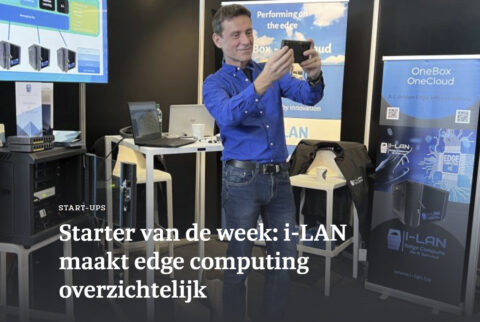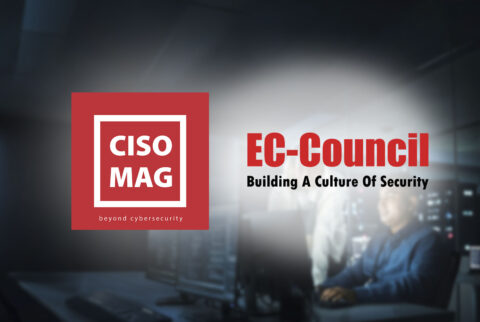Navigating the Evolving Cybersecurity Landscape: Insights from Inheriti®
The Most Pressing Cybersecurity Threats Today
Cybersecurity remains one of the most urgent challenges businesses face today. Among the most concerning risks is the rise of ransomware attacks, which have become increasingly targeted and destructive. Cybercriminals now use AI-driven techniques to bypass conventional security measures, making it harder for organizations to detect and respond quickly. The financial implications of these attacks are staggering, with costs ranging from ransom payments to potential lawsuits and reputation damage.
Another significant threat is the growing number of supply chain attacks. By infiltrating trusted vendors or partners, cybercriminals gain access to a wide array of data, potentially compromising entire networks. Additionally, social engineering attacks are on the rise, exploiting human vulnerabilities to gain unauthorized access to sensitive systems.
Cybersecurity Trends Shaping the Industry
The cybersecurity landscape is continuously evolving, driven by emerging threats and innovations reshaping defense strategies. One critical trend is the widespread adoption of Zero Trust Architecture (ZTA), which operates under the assumption that no one—whether inside or outside the network—should be trusted by default. As businesses operate in hybrid IT environments, ZTA reduces the risk of both insider threats and lateral attacks, ensuring stronger defense.
Artificial Intelligence (AI) and Machine Learning (ML) are transforming cybersecurity. These technologies enable organizations to analyze data in real time, helping detect potential threats with greater accuracy. As attackers use AI to automate their efforts, it’s essential for businesses to implement AI-driven security measures to stay ahead.
Digital identity security is also becoming more critical. With the rise of identity-based attacks, stronger authentication methods such as multi-factor authentication (MFA) and decentralized identity solutions are essential for managing access control and minimizing risks.
How Inheriti® Addresses Cybersecurity Challenges
Inheriti® takes a unique approach by leveraging decentralized technologies to secure digital legacies. As a fully decentralized platform, Inheriti® ensures sensitive data, such as wills and financial documents, is encrypted and fragmented across multiple locations. This removes the risk of a single point of failure, common in traditional centralized systems.
Our cybersecurity strategy revolves around three key pillars: prevention, detection, and response.
1. Prevention: Inheriti® uses a combination of Distributed Ledger Technology, client based storage and HSM devices to distribute and protect sensitive data, ensuring that even if one part of the network is compromised, the data remains secure.
2. Detection: Our platform employs cryptographic techniques to verify the authenticity and integrity of stored data, enabling swift detection of any tampering.
3. Response: In the event of a breach, the distributed nature of Inheriti®’s platform makes it nearly impossible for attackers to reconstruct full data sets, ensuring faster recovery and minimizing impact.
Inheriti® provides a resilient solution for safeguarding digital legacies, offering individuals and businesses peace of mind about their long-term digital assets.
The Value of Cybersec Europe 2025
Cybersec Europe is a key event for cybersecurity professionals, offering a platform to share knowledge and foster innovation. For Inheriti®, participating in Cybersec Europe 2025 provides an opportunity to showcase our decentralized approach to digital inheritance and how it addresses critical cybersecurity challenges. By offering a secure platform, Inheriti® contributes to advancing the security and privacy of individuals and organizations in the evolving digital landscape.
Cybersecurity events like Cybersec Europe are crucial for driving industry conversations, leading to new solutions, regulatory advancements, and best practices, ensuring businesses are equipped to tackle emerging threats.












